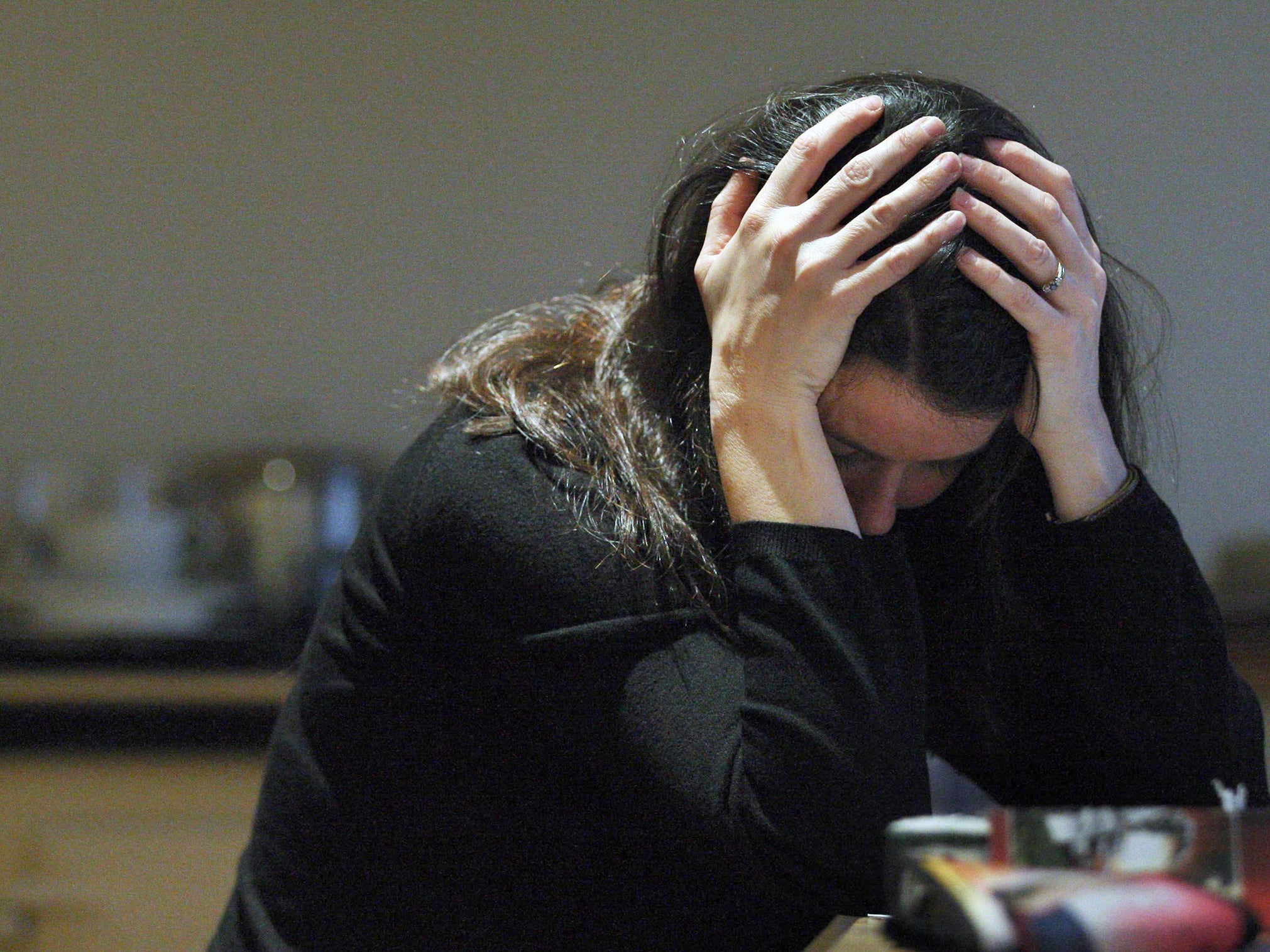Opportunities missed in postnatal depression killing case, report finds
Watchdog investigating the care of a mother who suffocated her baby while suffering severe postnatal depression

Your support helps us to tell the story
From reproductive rights to climate change to Big Tech, The Independent is on the ground when the story is developing. Whether it's investigating the financials of Elon Musk's pro-Trump PAC or producing our latest documentary, 'The A Word', which shines a light on the American women fighting for reproductive rights, we know how important it is to parse out the facts from the messaging.
At such a critical moment in US history, we need reporters on the ground. Your donation allows us to keep sending journalists to speak to both sides of the story.
The Independent is trusted by Americans across the entire political spectrum. And unlike many other quality news outlets, we choose not to lock Americans out of our reporting and analysis with paywalls. We believe quality journalism should be available to everyone, paid for by those who can afford it.
Your support makes all the difference.A watchdog investigating the care of a mother who suffocated her baby while suffering severe postnatal depression has found opportunities to refer her to mental health services were missed.
The Mental Welfare Commission (MWC) also found key information, including her history of postnatal depression when she thought of killing her older children, was “lost” in the GP system.
Erin Sutherland, 37, pleaded guilty on the grounds of diminished responsibility to culpable homicide following the death of her nine-month-old baby Chloe on 3 February 2015, and was jailed for three years, which the judge instructed would only take place if she was deemed fit to leave inpatient psychiatric treatment during that time.
The High Court in Edinburgh heard she had “severe” postnatal depression when she killed Chloe at her home in Parkhead View, Edinburgh, but was turned down for support by a perinatal mental health team since her daughter was older than six months.
Mental health minister Jamie Hepburn instructed the MWC to carry out an investigation into her care prior to her baby's death.
In a report published on Thursday, which did not reveal Ms Sutherland's identity and instead referred to her as Ms OP, the commission found there were “missed opportunities for referral to postnatal and adult mental health services”, and criticised the “very limited communication” between the organisations involved in her treatment.
The report said a pre-birth planning meeting would have highlighted the history, risks and appropriate management plan to all involved and might have reduced the risk of this information being “lost” within the GP system.
The commission has made 14 recommendations - nine for all joint health and social care bodies in Scotland which include ensuring there are clear pathways for access to perinatal mental health experts and urgent assessment by mental health teams as appropriate.
A further recommendation is that areas with perinatal mental health services should ensure women with histories of postnatal depression can be referred until their child is one. This recommendation is also included among the three for the specific health board involved.
The Scottish Government is recommended to prioritise establishing a national managed clinical network for perinatal mental health.
MWC executive director Alison Thomson said: “This is a deeply tragic case. We have not found any single failing or omission which caused or directly contributed to the death.
“However, during the course of our investigation we found several aspects of Ms OP's care and treatment that should have been better.
“There were a number of factors which, if addressed, would have increased the likelihood of Ms OP receiving appropriate care and treatment for her depression at an earlier stage. Ms OP often presented with a good facade and did not express to any care professionals any thoughts of harm to herself or her children. This gave unfounded reassurance to those who were in contact with her.
“The combination of a previous history of thoughts of infanticide in the first postnatal year and deteriorating mental health during a time of stressful life events should have alerted those involved to the need for increased vigilance and support.
“Considering the number of people, agencies and services involved, there was very little communication between them and it is unlikely that anyone really had an overview of what was going on. We must learn lessons from this event to reduce the risk of similar events occurring in the future.”
PA
Join our commenting forum
Join thought-provoking conversations, follow other Independent readers and see their replies
Comments